Herbaceous Plants Exam 1
1/64
There's no tags or description
Looks like no tags are added yet.
Name | Mastery | Learn | Test | Matching | Spaced | Call with Kai |
|---|
No analytics yet
Send a link to your students to track their progress
65 Terms
dioecious
reproductive parts on different flowers
monoecious
reproductive parts on the same flowers
4 major flower parts
stamen, pistil, petal, sepal
what does the pistil consist of
stigma, style, ovary
what does the stamen consist of
anther, filament
tepals
sepals / petals
flower morphology type
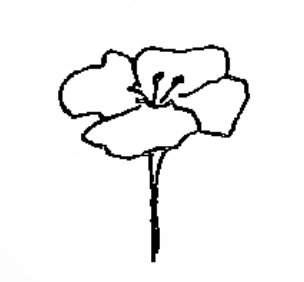
solitary
type of inflorescence
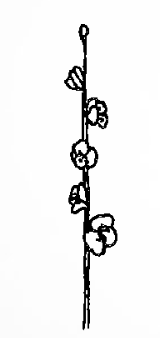
spike
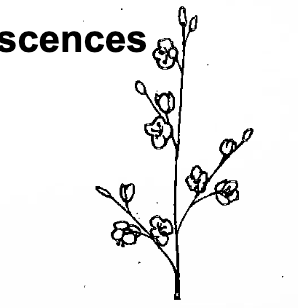
type of infloresence
panicle of racemes
type of inflorescence
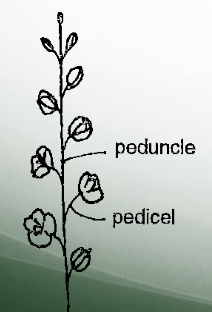
raceme
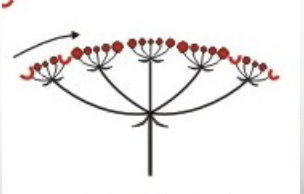
what type of inflorescence
compound umbel
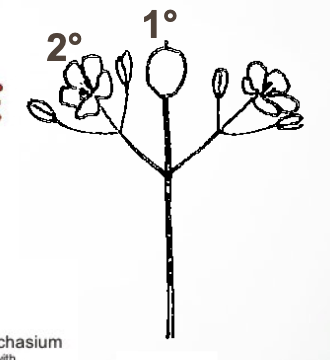
what type of inflorescence is this
cyme
what inflorescence is this
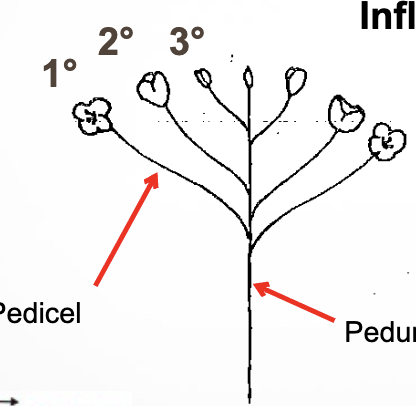
corymb
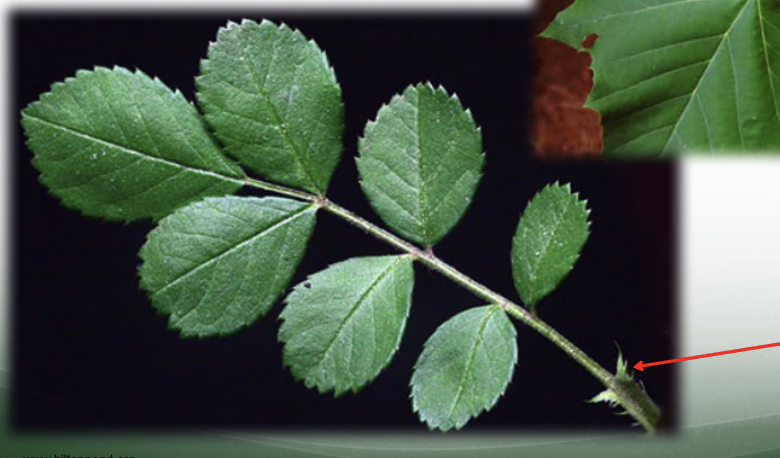
what is that arrow pointing to
stipules
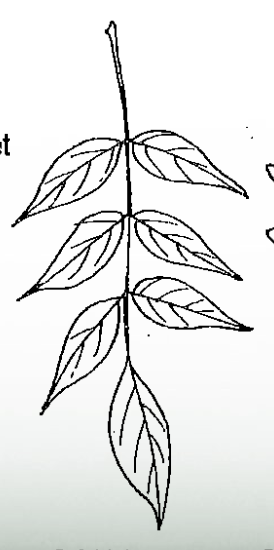
leaf type
odd pinnate compound
leaf type
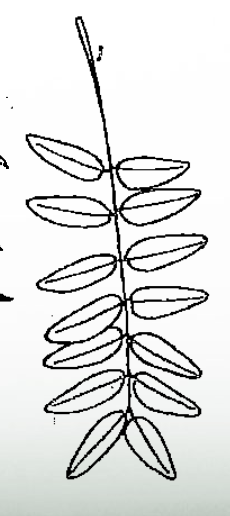
even pinnate compound
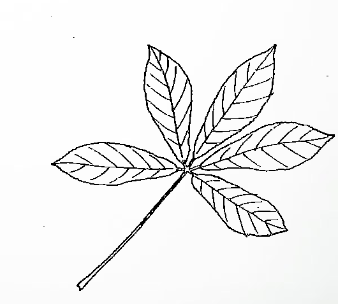
leaf type
palmately compound
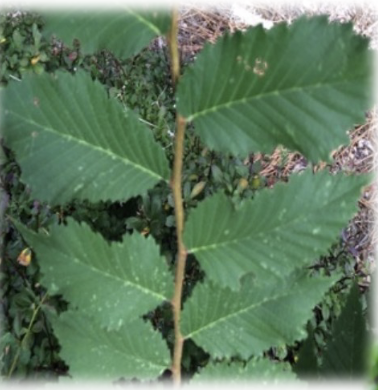
leaf arrangement
alternate
leaf arrangemen
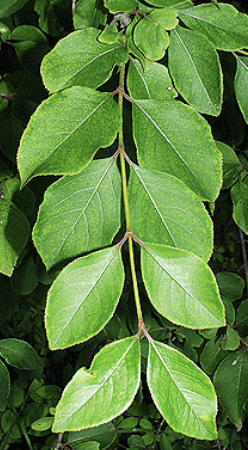
opposite
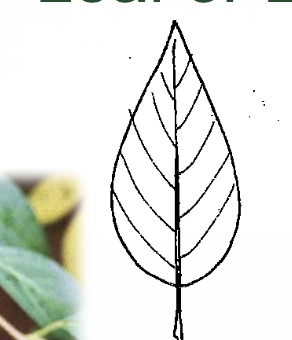
ovate
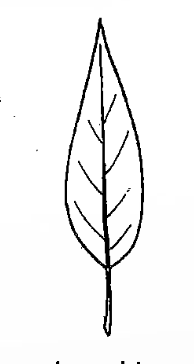
lanceolate
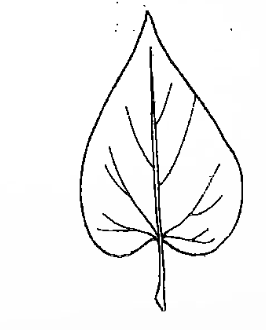
cordate
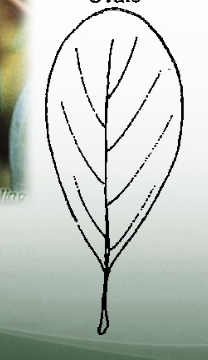
obovate
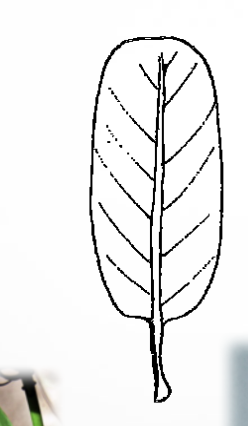
oblong

linear
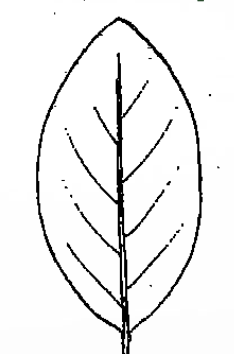
elliptical
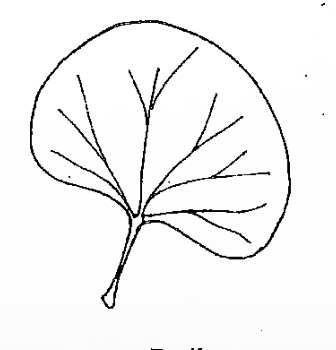
reniform
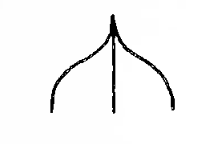
acuminate
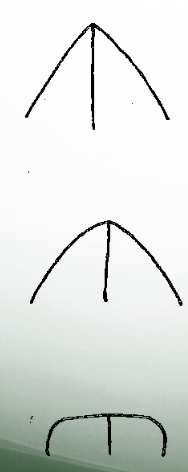
acute, obtuse, truncate

cuneate, acute, rounded, cordate

entire, serrate, serrulate, doubly serrate, dentate
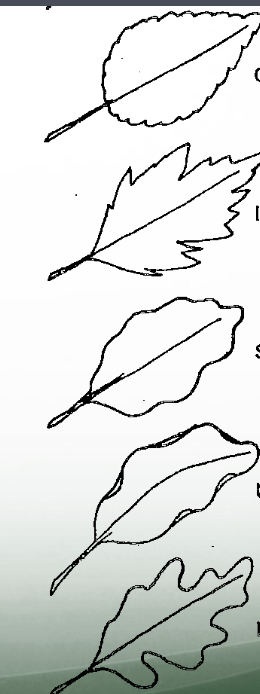
crenate, incised, sinuate, undulate, lobed
calibrichoa
zones 9-11 perennial, used in ground, in containers, grown in every color but true blue and true black
petunia
annual, native to south america, grown in ground and in containers, very colorful
african marigold / french marigold
tagetes erecta/tagetes patula, native to south america and mexico, zones 2-11 annuals, planted for pest control/pollinators/ground
common zinnia
zinnia elegans, native to southern CO/mexico, zones 2-11, grown in ground/container
dwarf morning glory
evolvus glomeratus, native to brazil, zone 8-11, annual, grown for containers/ground cover/heat tolerance
ornamental sweet potato vine
ipomoea batas, native to tropical americas, zones 9-11, adds color, drama, and texture to gardens, cultivated for their striking leaves/spillers/borders
lantana
lantana camara, native to central america, zones 8-11, planted for its vibrant, long-lasting flowers, ease of care, and ability to attract pollinators like butterflies and hummingbirds. Its heat and drought tolerance make it a versatile and reliable choice for many settings, including groundcover, containers, and garden borders.
verbena
zones 7-11, native to south america, plant valued for its long bloom season and ability to thrive in heat and drought. It is planted in a variety of ways, including in containers, hanging baskets, and garden beds
New Guinea impatiens
Impatiens hawkeri, native to new guinea, zone 10-12, popular for their large, colorful blooms and versatile use in containers, hanging baskets, and ground landscaping. Unlike traditional impatiens, New Guinea hybrids tolerate more sun and are resistant to downy mildew
impatiens
Impatiens walleriana, native to tanzania, zones 10-11, to provide vibrant, season-long color in shaded and partially shaded areas where other flowering plants often struggle
begonia
Begonia xsemperflorens-cultorum, native to south america, zones 10-11, planted in containers, garden beds, and borders due to their low maintenance needs, colorful foliage, and long, continuous blooming period
rex begonia
Begonia rex-cultorum, zones 10-12, native to india, planted in containers or used as houseplants for their dramatic, decorative foliage
snapdragon
Antirrhinum majus, native to mediterranean, zones 7-11, planted in containers, garden beds, and borders for their wide range of vibrant colors, versatility, and ability to add vertical interest
summer snapdragon
Angelonia angustifolia, native to mexico, zones 9-11, planted in containers, garden beds, and hanging baskets because it thrives in summer heat and produces continuous blooms all season. As a low-maintenance, drought-tolerant plant
cockscomb
Celosia argentea, native to east africa, zone 9, planted in containers and garden beds for its striking, colorful blooms that last all summer and fall. It is also valued by florists for its use in cut and dried floral arrangements. This low-maintenance annual thrives in heat
dahlia
native to mexico, zones 7-10, for their striking beauty and long-lasting, late-season blooms, versatile, available in a wide variety of shapes, sizes, and colors, and can be grown in borders, containers, or used as cut flowers
canna
canna xgeneralis, zones 7-11, vibrant tender perennials that produce bold leaves and showy flowers in shades of red, orange, yellows and pinks. It is a useful summer bedding plant for both containers and borders
zonal geranium
Pelargonium xhortorum, zone annual, for their vibrant, long-lasting blooms, making them popular for containers, borders, and window boxes, and for their distinctive foliage with a dark, circular marking that provides a beautiful contrast to the flowers
vinca
Catharanthus roseus, zone 9-11, significant due to their valuable medicinal properties
african daisy
osteospermum hybrids, zones 9-11, for their long-lasting, colorful daisy-like blooms, unique petal shapes, and versatility in garden designs, serving as border plants, container fillers, and ground covers
coleus
Plectranthus scutellarioides, zones 10-11, for its ornamental value due to its vividly colored, patterned, and textured foliage
caladium
Caladium bicolor, zones 9-10, for its decorative, multicolored foliage in shades of red, pink, green, and white, which creates a bright, tropical look in gardens and indoor spaces
cardoon
Cynara cardunculus, zones 7-8 and 11, for its ornamental value, including its bold, silvery-gray, thistle-like foliage and large, thistle-like flowers that attract pollinators
purslane
Portulaca oleracea, zones 2-11, It is also planted for its hardiness, as it thrives in heat, drought, and poor, dry soils, making it an excellent ground cover and for use in arid or challenging climates
silver nickel vine
Dichondra argentea, zones 10-12, for its ornamental value, creating a striking silver "waterfall" effect in hanging baskets, containers, and as a trailing groundcover due to its rapid growth and long, cascading stems
globe amaranth
Gomphrena globosa, zones 9-11, popular garden plant due to its heat tolerance, long blooming period, vibrant colors, and ability to retain color when dried
salvia
zones 3-9, wide variety of rich colors, tubular flowers, and fragrant foliage that add visual and aromatic appeal to gardens. They are excellent for attracting pollinators, drought-tolerant, versatile in their use for mass plantings, borders, or containers, and relatively easy to grow
star flower
Pentas lanceolata, zone 10-11, long-lasting, star-shaped flowers in various colors, ability to attract butterflies and hummingbirds, and versatility in gardens and containers
flowering tobacco
Nicotiana, zones 9-11, grown for their beautiful, fragrant, trumpet-shaped flowers, their attractive appearance in gardens, and their attraction to hummingbirds and butterflies
tall verbena
Verbena bonariensis, zones 7-11, for its airy, see-through foliage and purple flowers that provide height and visual interest without obstructing views, along with its ability to attract pollinators like butterflies and hummingbirds
dusty miller
Jacobaea maritima, zones 6-10, woolly foliage that adds visual contrast and texture to garden beds and containers. It is a low-maintenance, drought-tolerant, and heat-loving plant native
ornamental millet
Pennisetum glaucum, zones 5-11, striking foliage and plumes. It is also valued as a drought-tolerant cover crop
strawflower
Xerochyrsum bracteatum, zones 8-11, long-lasting, papery flowers that are excellent for dried arrangements and bouquets, its ability to attract pollinators like butterflies and bees, its use in low-maintenance native gardens, and its vibrant, colorful blooms that add cheer to cottage borders, meadows, pots, and other garden designs